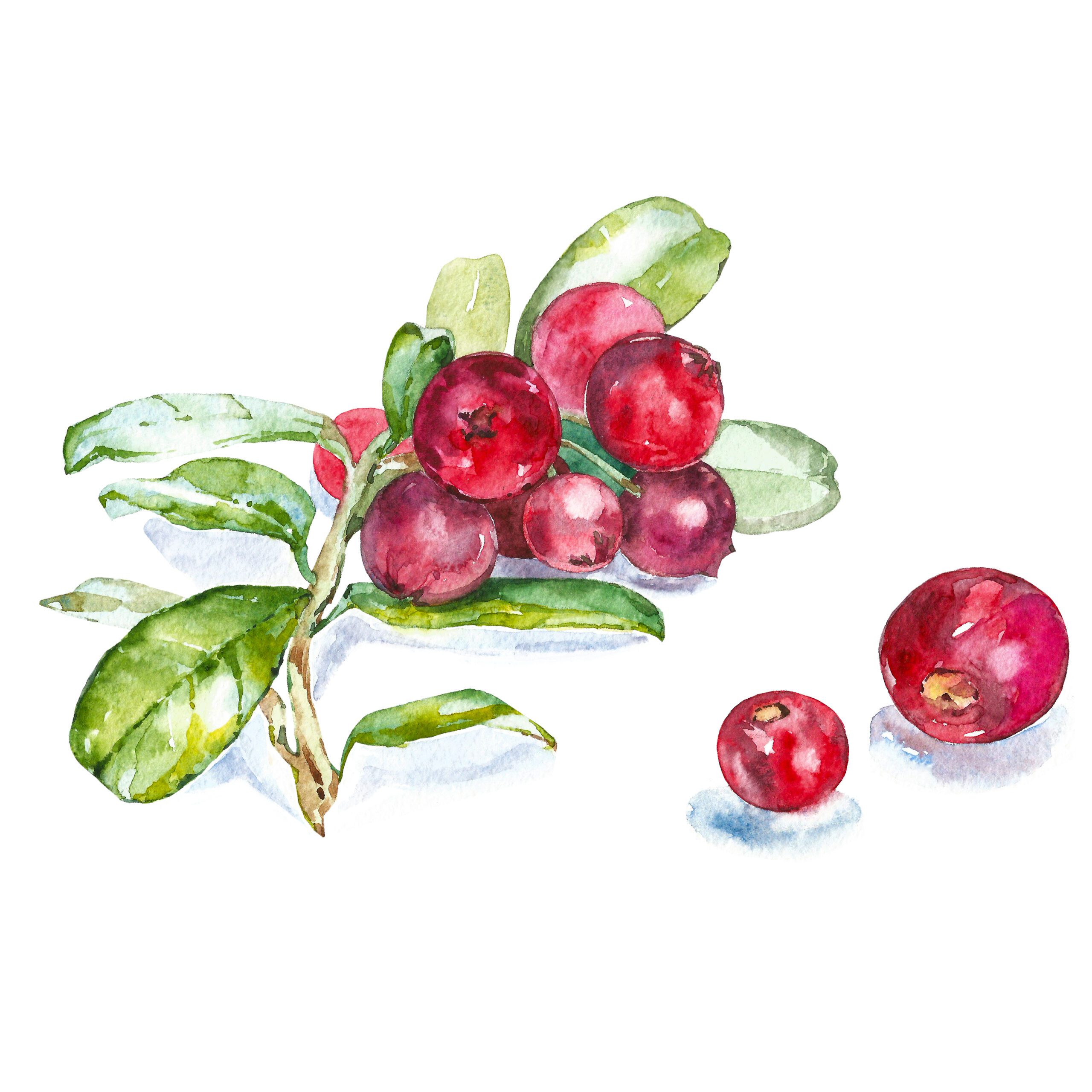
Cranberry for Urinary Health
A cool glass of cranberry juice to treat a urinary tract infection sure sounds better than popping a pill (and the number of side effects that may result), doesn’t it? Cranberry has been used for centuries for urinary health, and for good reason. So . . . what’s the secret behind this tart little berry? Keep reading to find out why it’s sometimes considered a medical miracle fruit, and how your urinary tract can reap the rewards of its properties.
How Does Cranberry Work?
Native Americans have used cranberry to treat urinary tract issues and kidney problems for hundreds of years. But let’s not leave it at that . . . This fruit, which is one of only three fruits that are native to America, has been proven time and time again to effectively help treat urinary tract infections, or UTIs.
A 2009 study published in the Journal of Medicinal Food found that certain chemicals present in cranberries prevent the bacteria that cause infections from attaching to the cells lining the urinary tract. This study was integral to research on cranberry and urinary health, because before the study was conducted it was generally believed that the acidity of cranberry juice was responsible for the benefits on urinary health, and not the chemicals.
So, what are these bacteria-fighting chemicals, and how do they work?
Well, first a bit of information: The bacterium that is responsible for most UTIs is E. coli. In fact this little bugger causes more than 85 percent of urinary tract infections! But, those chemicals present in cranberry products, or proanthocyanidins, are able to keep the E. coli from adhering to the cells in the urinary tract by changing the surface properties of the E. coli and other bacteria.
How quickly can you address a UTI with cranberry? Rather fast, as it turns out. In fact a 2010 study by researchers at the Worcester Polytechnic Institute in Massachusetts found that cranberry juice begins to work on stopping the adhesion of E. coli to the cells in the urinary tract as quickly as eight hours after you drink it.
Urinary Tract Infections
UTIs can develop anywhere along your urinary tract, including your bladder, ureter, or urethra. It has been reported that UTIs are to blame for around 8 million doctor visits each year; and they affect more women than men.
The symptoms of a urinary tract infection include:
• Frequent need to urinate
• Pain or burning when urinating
• Cloudy urine
• Dark urine (caused by blood in the urine)
• Strong odor to urine
• Feeling of bloating or fullness in the lower abdomen
• Feeling like you need to urinate even when you’ve already relieved yourself
• Fever
Should You Skip the Doctor’s Visit?
Even though cranberry has been proven to be effective when it comes to urinary health, it is still advisable to see a doctor if you suspect that you have a urinary tract infection so that you can rule out other serious problems and get the proper treatment. Cranberry products are, however, recommended to help keep E. coli and other bacteria at bay for the prevention of UTIs and for good urinary health.
Where Can You Get Cranberry Products?
Of course cranberry juice is the first thing that likely comes to mind. But be sure to be very careful when choosing cranberry in a juice. Many juices have a ton of sugar, preservatives and additives. Check out your local natural foods store for a natural juice with no added ingredients. And, believe it or not, you can also get cranberry in the form of supplements! This option is great because you get all the benefits, with no added “extras,” and they’re extremely easy to take . . . especially if you’re not keen on the taste of cranberry juice.
Many vitamin shops and natural food stores have these supplements available.
The most important thing – whether you go the juice route or the supplement route – is to keep your urinary health in tip-top shape.

A new study suggests that a widely used sugar substitute found in diet sodas, chewing gum, and low-sugar yogurt may elevate insulin levels. This could increase the long-term risk of heart disease. “Artificial sweeteners have infiltrated nearly all types of food, making it crucial to understand their long-term health effects,” said Yihai Cao, senior author […]

Diet Coke has long been a fan-favorite among soda lovers who want a fizzy, guilt-free alternative to traditional soft drinks. While its zero-calorie, zero-sugar label makes it seem like a healthier option, the reality is far more concerning. Despite its undeniable popularity, Diet Coke’s nutritional profile has raised red flags among health experts for years. […]

New study shows that embracing an anti-inflammatory, plant-forward diet can support cognitive function and help reduce the risk of dementia. What You Eat Shapes Your Brain The food you eat doesn’t just impact your body—it also affects your brain. Research suggests that eating an anti-inflammatory, plant-based diet can help improve memory, focus, and overall brain […]